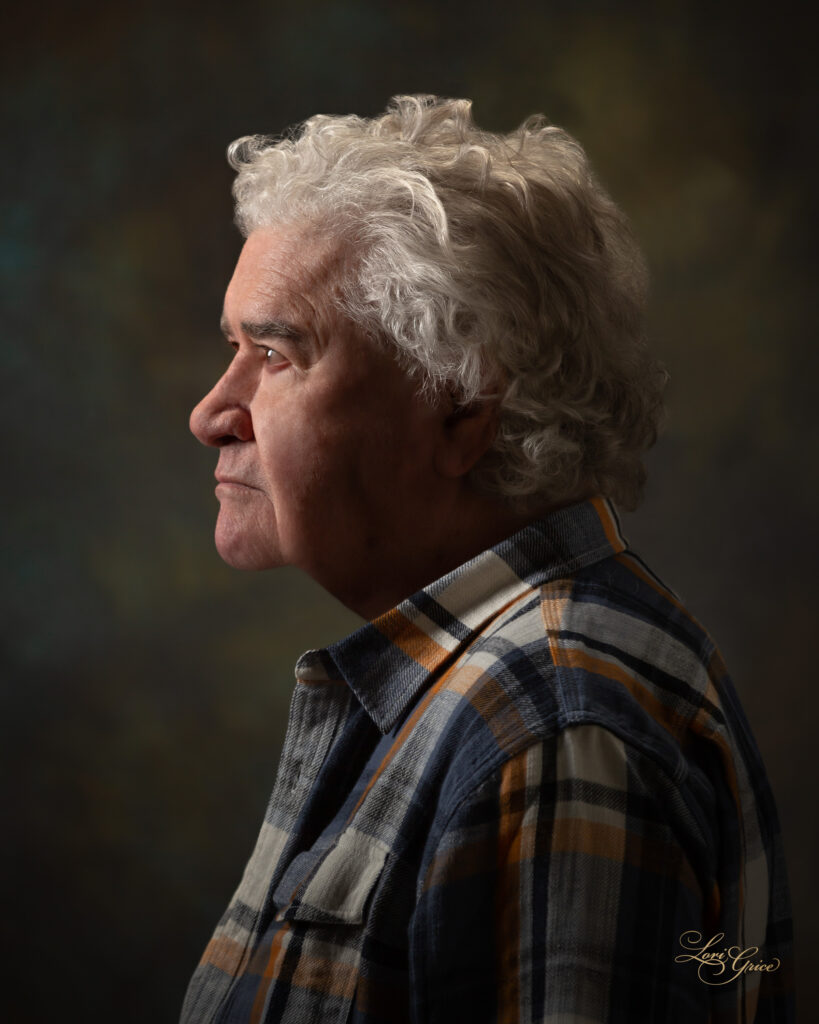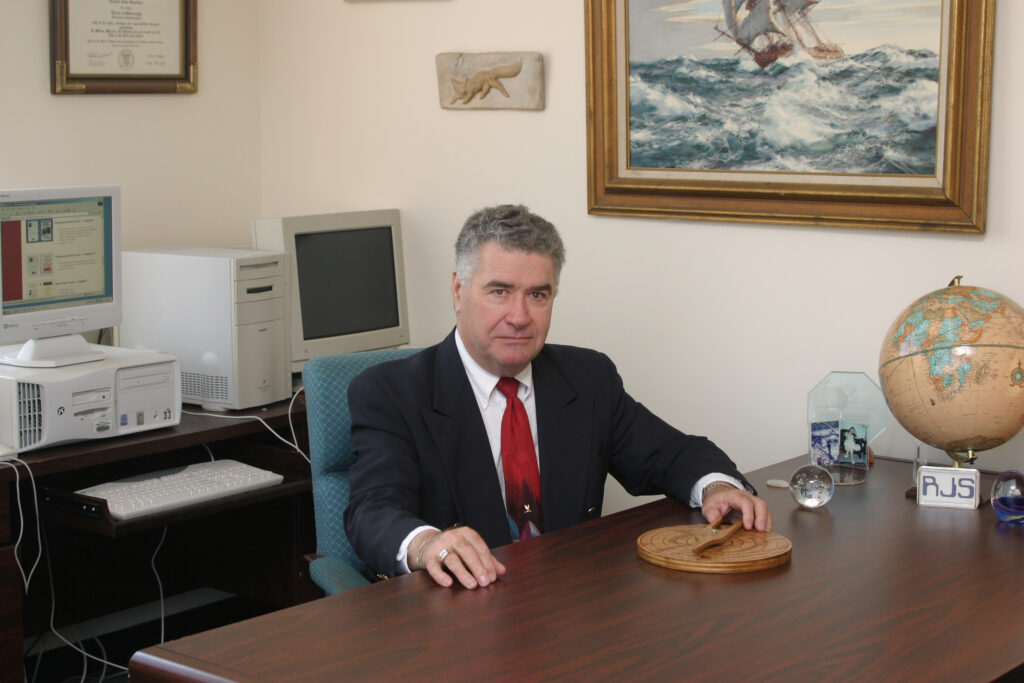
By Richard John Stapleton
This is a story about two kinds of lies: Trump lying about his not possessing classified US government documents in his Mar a Largo “fort” and Trump lying in a recorded statement that was aired on CNN about the existence of a classified document in his possession that might have been fake. It’s a story about a liar’s pants on fire.
The story started during Trump’s last week in office as USian president caused by the possibility of a war being started against Iran so Trump could stay in office. Pentagon chief of staff General Milley was apparently worried at the time that Trump might try to do this, and Trump said in the statement aired by CNN after leaving office that Milley was thinking about invading Iran as proved by a document he waved or flapped in his hand, so listeners could hear the sound the paper made as it was flapped, proving a paper document existed. Trump said he could not show the document to them because it was classified, thereby proving he knew he possessed after leaving office a sensitive classified US government document that could not be shared because it would pose a national security risk.
The Jack Smith investigation subpoenaed the CNN-aired document, prompting Trump’s lawyers to reply that they could not furnish the document to the investigators because they could not “find” the document, raising questions such as whether the paper Trump held and flapped about in the recorded statement contained classified information, or was it a fake classified document containing no relevant information, just a new way of lying invented by Trump to cover his ass about thinking about invading Iran to give him an excuse to declare martial law during his last week in office as a last resort to remain USian president indefinitely?
Or was it a real classified document that Trump or his lawyers burned or shredded after it was aired by CNN, having figured out by then that the existence of the document put Trump in a light as bad or worse than he was in had the document not existed?
If so, Trump’s lawyers are now not technically lying about not being able to “find” the document that Trump flapped around in the recording so listeners could hear the sound caused by the flapping, thereby proving he at least had some sort of paper in his hands. The basic facts of this case were discussed on MSNBC June 2, 2023.
The most sickening piece of this sordid insane story is the implication that Trump and General Milley likely did consider the possibility of Trump trying to start a war against Iran to keep himself in office his last week in office, which would have been treason against the US and a crime against humanity.
The story may boil down to he said-he said, but it seems to me any communication between Trump and Milley about the US invading Iran to keep Trump in office happening during Trump’s last week in office, leaked to the public, would have been a security risk for the US and Spaceship Earth.
How any Earthian human could now consider voting into office again as USian president in 2024 the sociopathic Earthian human Trump, after having been exposed to his lies, misdemeanors, probable crimes, and threats, almost every day, for over six years, as a sitting and former USian president, wasting millions, if not billions, maybe trillions, of dollars, is unfathomable!
About the Author
Richard John Stapleton, PhD, CTA would spin the spinner of his Classroom De-Gamer™ in his classes to randomly select a student at the beginning of each class session to lead a discussion of the case assigned for the day, a case taken from a planned or operating business prepared by case writers at Georgia Southern, Harvard, Stanford, and the University of Alabama.

This process insured that everyone would be relatively Game-free transacting in class discussions. They all agreed to a learning contract at the outset of the course that they would read assigned cases and would be graded on the quantity and quality of ideas sold in the class market. Anyone caught obviously unprepared by the spinning De-Gamer would lose a whole letter grade from the course grade. No one could feel or think that s/he was being persecuted or rescued if selected to start the class discussion of the day by the Classroom De-Gamer™. The psychological Game roles of Persecutor, Rescuer, and Victim were largely banished from the course learning process.
Grades were based eighty percent on class participation in dialectical discussions about what to do about problems and opportunities found in cases; the rest of the final grade was based on two case write-ups. One write-up was about what the student observed, researched, analyzed, and wrote about an existing business in the local environment or a business plan the student created. The other write-up was an analysis of a case researched and written by professors about a business assigned as the final exam. Cases used in his courses contained processes, problems, opportunities, and data occurring in all functional areas of business such as entrepreneurship, finance, marketing, operations management, control, management information systems, and business policy and strategy.
He has published refereed journal articles and books explaining how his democratic Game-free Adult-Adult I’m OK-You’re OK case method system works, by banishing Persecutors, Rescuers, and Victims playing psychological Games from the teaching and learning process, first documented in an article titled “The Classroom De-Gamer” he published in 1978 in the Transactional Analysis Journal. He has published seven books and over one hundred articles in various media containing cases, research data, and essays on teaching and learning and management policies and practices.
Stapleton learned and trained using transactional analysis with Martin Groder, MD; Graham Barnes, PhD; Vann Joines, PhD; and many others at the Southeast Institute at Chapel Hill, North Carolina (1975-1978).
He was a Harvard Case Method teacher who never went to Harvard, having learned how the case method works teaching with Bernard Bienvenu, DBA and Rexford Hauser, DBA (Harvard Business School doctorates) at the University of Louisiana- Lafayette in 1969-70.
He has a BS in economics (1962), an MBA in organizational behavior (1966), and a PhD in management science (1969) from Texas Tech University, and an organizational and educational certification in transactional analysis (CTA) from the International Transactional Analysis Association (1978).
He taught his own case method track at the undergraduate level in the management department of the business school at Georgia Southern University offering four or five different elective case method courses each academic year (1970-2005), in which he led, coordinated, and graded about twenty-five or so students each year who took all or most of those case method courses in their junior and senior years, of about two hundred students who signed up for all his courses each year. He used a democratic circle or amphitheater classroom layout in all his classes. He also taught most semesters two sections of a capstone integrative business policy course he added to the business school curriculum in 1970 that was required for all undergraduate business majors that could be elected by any student in any major. He was the only professor in the business school to use the case method in any course.
His students agreed to a course learning contract that stipulated they would read the facts of the case before class and would lose a whole letter grade from the course final grade if the De-Gamer randomly caught them obviously not having read the case before class, if they had not slipped a note under his office door before class telling him they had not read the case, which they could do twice during the course without penalty.
About ten percent of his students made A’s and about five percent made D’s. Most made C’s, which is about right, since C = Average. There were few F’s in his courses. The main criterion for course grades was the quantity and quality of ideas sold by students in case method discussions. He used peer ratings to give students feedback showing what their fellow students thought about the quantity and quality of their ideas sold in class, having made it clear the final decision about final grades was his. He did not believe in Lake Wobegon grading.
No student was ever forced to take one of his courses to graduate, and the most hardened Game-players in the school did not sign up for his courses after he issued his Edict of 1972 in which he clearly spelled out in his syllabi the penalty for getting caught unprepared. His Classroom De-Gamer™ was roundly discussed by students in bull sessions across campus every year and was labeled various things, such as The Wheel of Fate and The Death Wheel. Most students near the end of his career simply called it The Spinner.
He appreciated Georgia Southern honoring his academic freedom by allowing him control of his teaching methods, classroom layouts, grading procedures, and course books, cases, and materials, some of which he researched, wrote, and published. He was promoted to full professor at age thirty-six.
He solicited anonymous longitudinal research data using questionnaires in 1992 showing his case method students during 1972-1982 reported higher yearly incomes in 1992 than students electing the same courses in 1972-1982 taught by professors using the authoritarian lecture method and the militaristic row and column classroom layout, who graded students based on memorizing or calculating “right answers” for tests, indicating learners learning in Adult-Adult I’m OK-You’re OK Game-free democratic learning processes graded subjectively became more successful in the real world of business than learners lectured to and graded using so-called objective multiple-choice tests.
Only former students who had worked in the real world ten or more years after graduating from the Georgia Southern business school were included in the study. The data are shown, analyzed, and discussed in full in “Evidence the Case Method Works” in his book Business Voyages: Mental Maps, Scripts, Schemata, and Tools for Discovering and Co-Constructing Your Own Business Worlds, 2008, pg. 475). The data were also used in several refereed articles.
The ancient Greeks used a similar random-selection democratic process in the Third Century BCE to select leaders of political discussions, learning, and policy formulation in their halls of government. Such a process is called sortition.
For more information on related classroom management ethical issues see Stapleton, R.J. and Murkison, G. (2001), “Optimizing the fairness of student evaluations: A study of correlations between instructor excellence, study production, learning production, and expected grades,” in the Journal of Management Education, 25(3), 269-292.
Stapleton had one of the lowest student grade point averages among professors in the business school and was one of the lowest-ranked professors as an instructor on computerized campus-wide student evaluations that weighted only instructor excellence scores up to 2000; but he was one of the highest-ranked professors in a computerized student evaluation he designed that generated data also showing and weighting study production, learning production, and expected grades scores for each professor, published in “Optimizing the Fairness of Student Evaluations.”
To read the Optimizing Fairness article in full, go to https://studysites.sagepub.com/holt/articles/Stapleton.pdf . After this research was published, Georgia Southern in 2001 added study production, learning production, and expected grades questions to the student evaluation form used campus-wide.
“Optimizing the Fairness of Student Evaluations” has by now (April 7, 2023) been cited as a reference in 85 refereed journal articles concerned about the ethics of student evaluations in several academic disciplines, including ten new citations since April 2021.
As the philosopher Ludwig Wittgenstein propositioned in his book Tractatus Logico-Philosophicus, “The case is all there is.”
If so, everything else said about Earthian human states of affairs is a rendition of what was or might be.
His latest book is As the Rooster Crows Earthian OKness Increases.
For more on Stapleton’s cultural, educational, and professional experiences see “RJS Academic Vita,” at https://blog.effectivelearning.net/rjs-academic-vita/.
Feel free to share this article any way you see fit.




